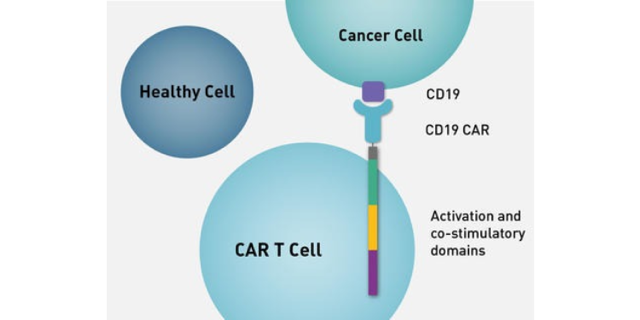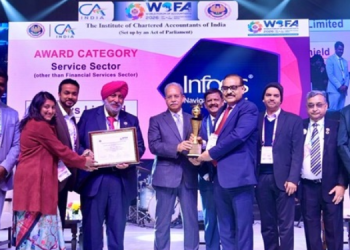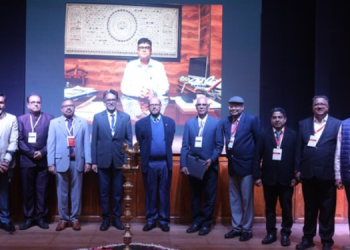Mumbai: In an initiative to combat the rising incidence of blood cancer in India, MOC Cancer Care & Research Centre has launched a campaign for Blood Cancer Awareness Month.
This campaign aims to highlight the challenges faced by blood cancer patients and the transformative potential of advanced therapies. This campaign serves as a call to action, urging the community to become more aware of blood cancers, to support early detection efforts, and to engage in ongoing research to improve outcomes for patients.
Dr. Suraj Chiraniya, a Hemato-Oncologist & BMT specialist at MOC Cancer Care, passionately underscored the critical role of early detection in the fight against blood cancer, stating, “Early diagnosis is not just beneficial; it can be life-saving. Our campaign is dedicated to empowering the public with knowledge about the symptoms of blood cancer and the transformative treatment options available, including bone marrow and stem cell transplants. We are thrilled to announce the imminent introduction of CAR-T cell therapy at MOC, a revolutionary advancement that harnesses the power of the patient’s own immune system to combat cancer more effectively than ever before.”
Dr. Ashray Kole, an Oncologist at MOC Cancer Care, emphasised the transformative potential of this approach, stating, “CAR-T cell therapy represents a paradigm shift in the way we treat cancer. By making these advanced therapies more accessible and affordable, we aim to ensure that a greater number of patients can benefit from these life-saving treatments and have a fighting chance against even the most aggressive forms of cancer.”
With the introduction of CAR-T Cell Therapy at MOC Cancer Care & Research Centre, patients in India will have access to this treatment option, which has already demonstrated remarkable success in treating certain blood cancers, such as Leukemias, Myeloma and Lymphomas, in countries where it is currently available. By making this therapy more accessible and affordable, MOC Cancer Care & Therapy Centre aims to give hope to those facing the most challenging forms of cancer and to improve outcomes for patients who have exhausted other treatment options.

















